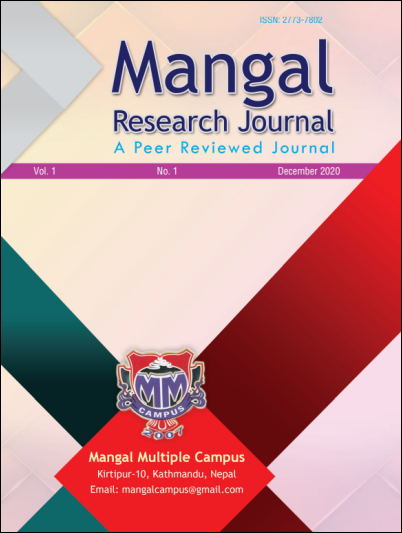Identity Based Federalism and its Implications: An Analytical Study
DOI:
https://doi.org/10.3126/mrj.v1i01.51925Keywords:
Federalism, Identity based federalism, secession, secession rightsAbstract
The article has focused upon identity-based federalism practiced in some of the countries in the world. It has clarified the fears and the suspicions about secession if identity-based federalism would have been implemented in Nepal. Thus, it has been explored to get answers about the probability of secession, the constitutional procedural for the implementation of secession rights and its linkage. The content analysis method with comparative assessment has been used in order to meet the objectives. Because of the provisions made in those constitutions, social-economic and political dynamism of the states, the research has found that there is negligible secession probability. The countries having secession rights, with some constitutional disputes in a long row, have shown less chances of secession. The article has examined constitution of all these federal countries. The Experience of Ethiopia, Bosnia and Herzegovina (BiH), Belgium and Canada have obviously shown the fearless probability about secession. Experiences in these countries have conclusively shown that the fear and suspicions about the fragmentation of Nepal as imposed does not relatively occur.




